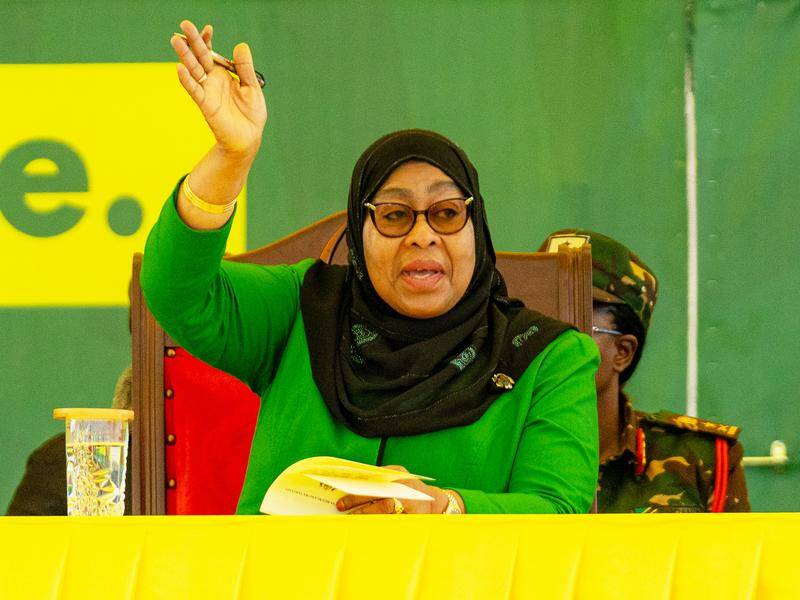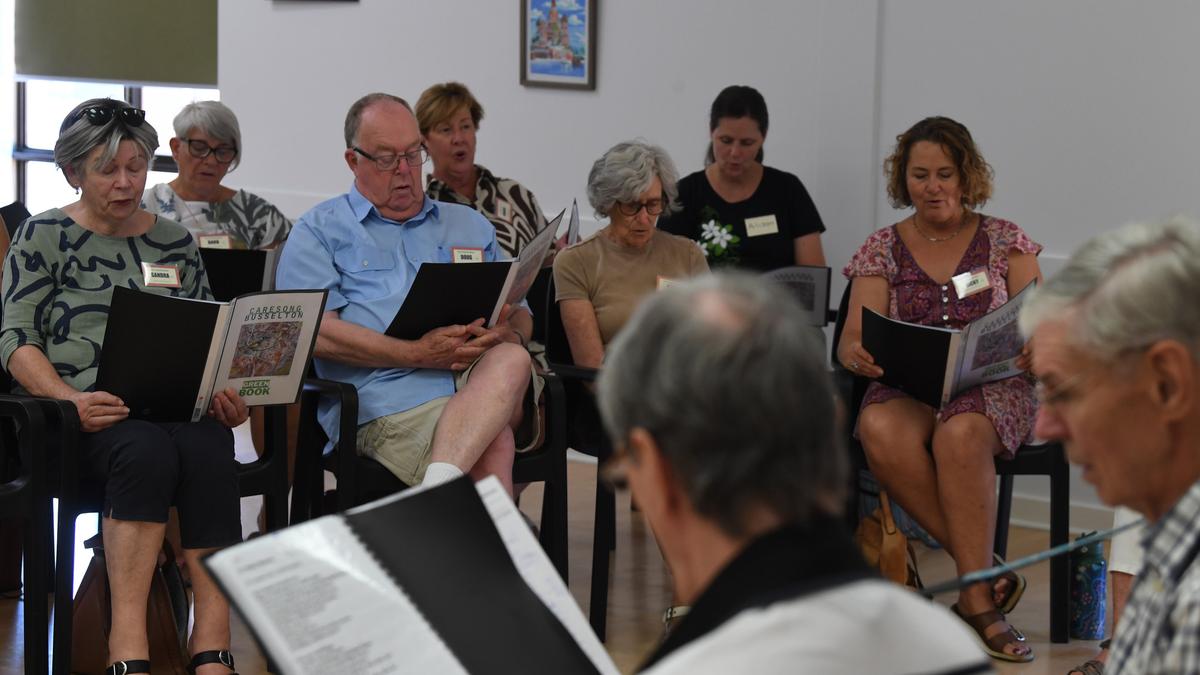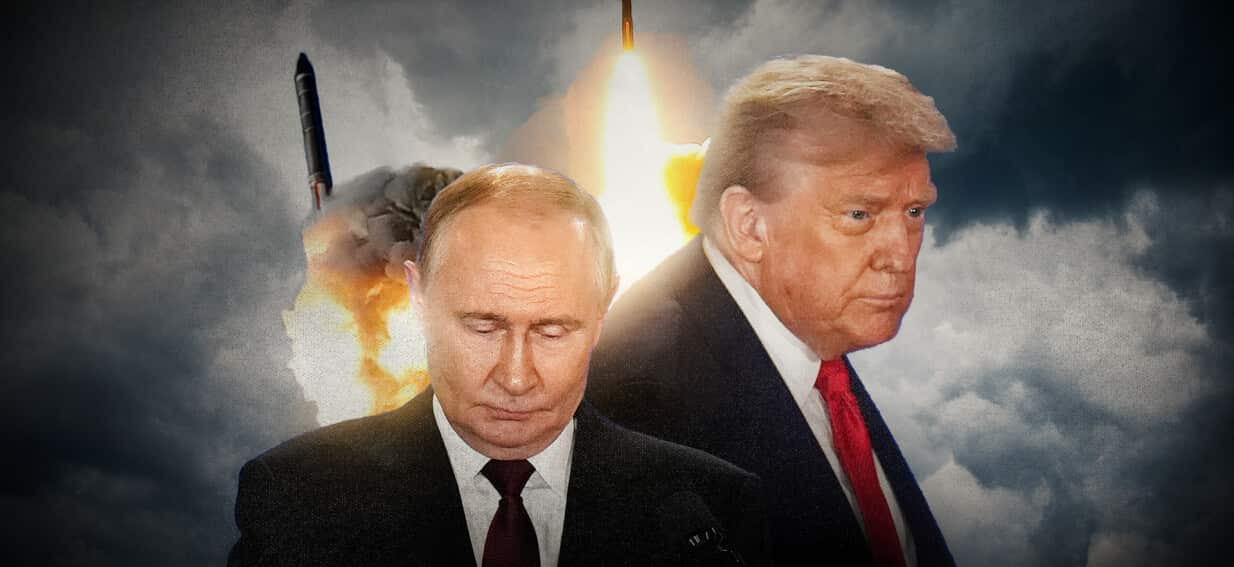
Protests have erupted across Tanzania following a general election that has been marred by controversy and violence. In the capital city of Dar es Salaam and several other urban areas, demonstrators took to the streets on Thursday, expressing their anger over the exclusion of significant opposition candidates from the presidential race and allegations of increasing government repression.
Violence and Government Response
The demonstrations began on April 10, 2024, during the voting process, which was characterized by reports of unrest. Protesters were particularly frustrated by the disqualification of President Samia Suluhu Hassan‘s main challengers, which many view as an attempt to stifle political dissent. In response to the escalating situation, police in Dar es Salaam fired gunshots and deployed tear gas to disperse the crowds.
Human rights activist Tito Magoti reported receiving information regarding at least five fatalities among protesters, while a diplomatic source indicated that the death toll could be as high as ten in Dar es Salaam alone. These claims have not been independently verified, and officials from the government and police have not yet commented on the situation.
Amid the unrest, an overnight curfew was imposed in Dar es Salaam, a city with a population exceeding seven million. Internet access has also been disrupted nationwide, further complicating communication among protesters. The state-run Tanzania Broadcasting Corporation has barely covered the unrest, focusing instead on announcing provisional presidential election results that indicate Hassan’s substantial victories across various constituencies.
Political Landscape and Opposition Challenges
Protests continued in neighborhoods such as Mbagala, Gongo la Mboto, and Kiluvya on Thursday, with police responding forcefully. Witnesses noted that some protesters used the Zello app, which enables users to communicate like a walkie-talkie, to organize further marches on government buildings. The unrest represents a significant challenge for Hassan, who has faced scrutiny for her administration’s approach to political opposition since taking office in 2021. Initially praised for easing repression, her government has since been accused of conducting unexplained abductions of critics.
In a social media post, government spokesperson Gerson Msigwa announced that all civil servants, except those with essential duties, were instructed to work from home on Thursday in light of the unrest. The main opposition party, CHADEMA, had previously called for protests, describing the election as a “coronation” of Hassan.
CHADEMA faced disqualification from the election for refusing to sign a code of conduct, and its leader, Tundu Lissu, has been charged with treason. Furthermore, the commission disqualified candidates from the opposition party ACT-Wazalendo, leaving only minor parties to contest against Hassan.
The unfolding events in Tanzania highlight the ongoing tensions within the political landscape and raise serious concerns regarding civil liberties and democratic processes in the country.







